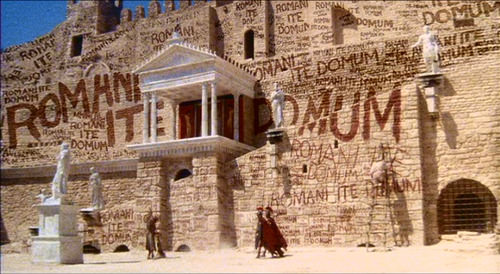Cheshirechappie
Established Member
We all know about in-cannel and out-cannel gouges, but why the word 'cannel'? Wossit mean, and why is it used for gouges?
My Concise Oxford dictionary isn't very helpful; the entry for 'cannel' describes it as a bituminous type of coal which burns with a bright flame. Interesting, but can't see any connection to gouges.
Merriam Webster is a little more helpful, having three entries; the aforesaid coal for one, an obsolete name for cinnamon (nope - I can't see the relevance to gouges, either) - and, rather more interestingly, an obsolete name for a gutter in a road. Ah - maybe now, we're getting somewhere.
It's not too much of a stretch to see the similarity with words like 'channel', which I suppose the inside curved bit of a gouge does resemble, and it's also not much of a stretch to think that the word may go back to the early days of gouge-making, when older words which have since passed out of common use were everyday parlance.
Anybody know of any other current uses of the word 'cannel', or is it pretty much unique to woodworking tools these days?
My Concise Oxford dictionary isn't very helpful; the entry for 'cannel' describes it as a bituminous type of coal which burns with a bright flame. Interesting, but can't see any connection to gouges.
Merriam Webster is a little more helpful, having three entries; the aforesaid coal for one, an obsolete name for cinnamon (nope - I can't see the relevance to gouges, either) - and, rather more interestingly, an obsolete name for a gutter in a road. Ah - maybe now, we're getting somewhere.
It's not too much of a stretch to see the similarity with words like 'channel', which I suppose the inside curved bit of a gouge does resemble, and it's also not much of a stretch to think that the word may go back to the early days of gouge-making, when older words which have since passed out of common use were everyday parlance.
Anybody know of any other current uses of the word 'cannel', or is it pretty much unique to woodworking tools these days?


































